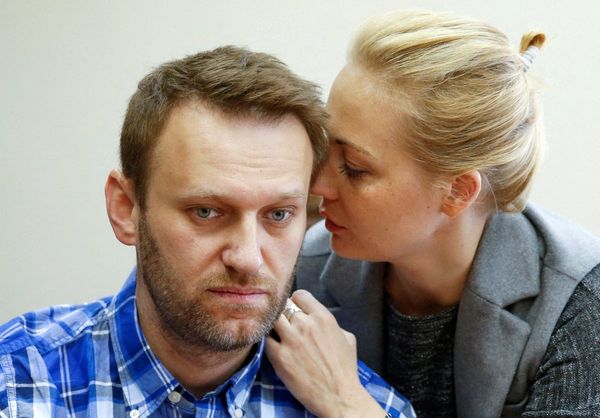A California case in which police used DNA gathered from a woman who’d been raped to implicate her later in an unrelated crime is egregious on several levels. Not only is it a privacy invasion of Orwellian proportions to use DNA gathered from a victim to turn her into a suspect, it also risks worsening the already serious problem of getting rape victims to come forward.
California is now revamping its statutes regarding handling of DNA in rape kits. Missouri authorities should conduct a full review of laws here to ensure this kind of violation isn’t possible.
The woman at issue in San Francisco had been raped in 2016. She allowed collection of her DNA for a rape kit in the effort to convict the rapist. DNA collection from the victim is necessary to provide a control standard that allows investigators to distinguish the perpetrator’s DNA from that of the victim. While the perpetrator’s DNA is routinely kept in crime databases for comparison to future crimes, that’s never been the purpose of collecting the victim’s DNA.
Yet that’s what San Francisco police did in this case. Without the woman’s consent, her DNA was placed in a database used to identify people as possible suspects. It would be a valid process for those who have been convicted or perhaps even credibly accused in past crimes, but certainly not for those who are only the victims of crime.
Several years later, during investigation of an unrelated burglary in 2021, DNA from the crime scene was run through the database, and it flagged the woman as a suspect. After learning the source of the DNA evidence, the prosecutor dropped the case — but that’s almost irrelevant if police there or anywhere else are allowed to do this. The woman is now suing the city of San Francisco.
It’s always tempting, especially in this era of public frustration with crime, to take an end-justifies-the-means attitude toward any process that nabs an alleged burglar. But the dangers of this kind of scenario outweigh any possible upside.
It’s chilling to consider that the woman, having previously committed no crime, had her DNA listed in a criminal database, without her knowledge, for no reason but that she was a rape victim. Those who think that’s not a problem should consider how they’d feel if their own doctors submitted their DNA samples to law enforcement for no reason but that they had them handy. Do victims now deserve a Miranda warning that their DNA can be used against them at a future date?
Knowing this kind of invasion of genetic privacy is possible would make any rape victim think twice, or 10 times, before submitting DNA evidence necessary to convict the rapist. That alone is reason for Missouri and other jurisdictions to ensure there are safeguards in place that don’t turn victims into suspects.
———







